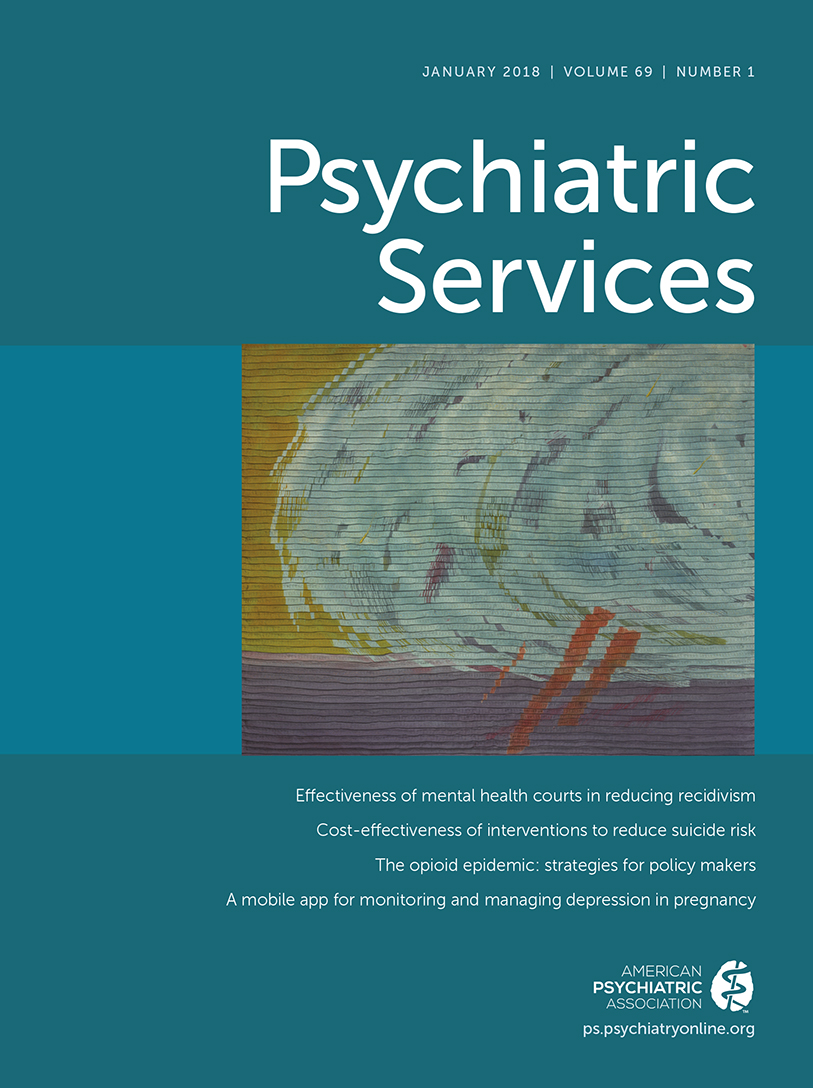Positive Changes Experienced After a First Episode of Psychosis: A Systematic Review
Abstract
Objective:
Although the negative consequences associated with first-episode psychosis (FEP) have been well investigated, relatively less is known about positive changes that people may experience after FEP. Existing literature is disparate and in need of synthesis. Such a synthesis can inform the design of mental health services that foster strengths, hope, and optimism. The objective of this study was to synthesize the literature on how positive change is experienced after FEP by affected persons and their families and friends and to delineate the individual, social, and structural factors facilitating positive change.
Methods:
A librarian-assisted systematic review of quantitative, qualitative, and mixed-methods studies published in English between 1970 and 2015 was conducted. Articles identified from three databases (PubMed, PsycINFO, and Embase) and through additional search strategies were screened. Results sections were open coded and analyzed by using thematic synthesis.
Results:
Of the 2,777 studies identified, 40 were retained. The synthesis of findings showed that after FEP, service users and their families and friends experienced positive changes at the individual (for example, more insight and clarity), interpersonal (for example, improved relationships), and spiritual levels (for example, greater religiosity). In addition to being facilitated by mental health services, these positive changes were enabled by personal (for example, motivation), social (for example, family support), and spiritual (for example, prayer) factors.
Conclusions:
Suffering is a core experience of FEP from which a range of positive changes can follow among service users and their families and friends. It may be beneficial for mental health services to specifically strive to promote these positive changes.




